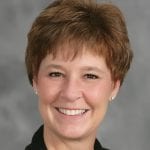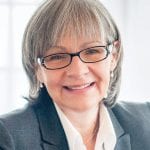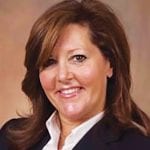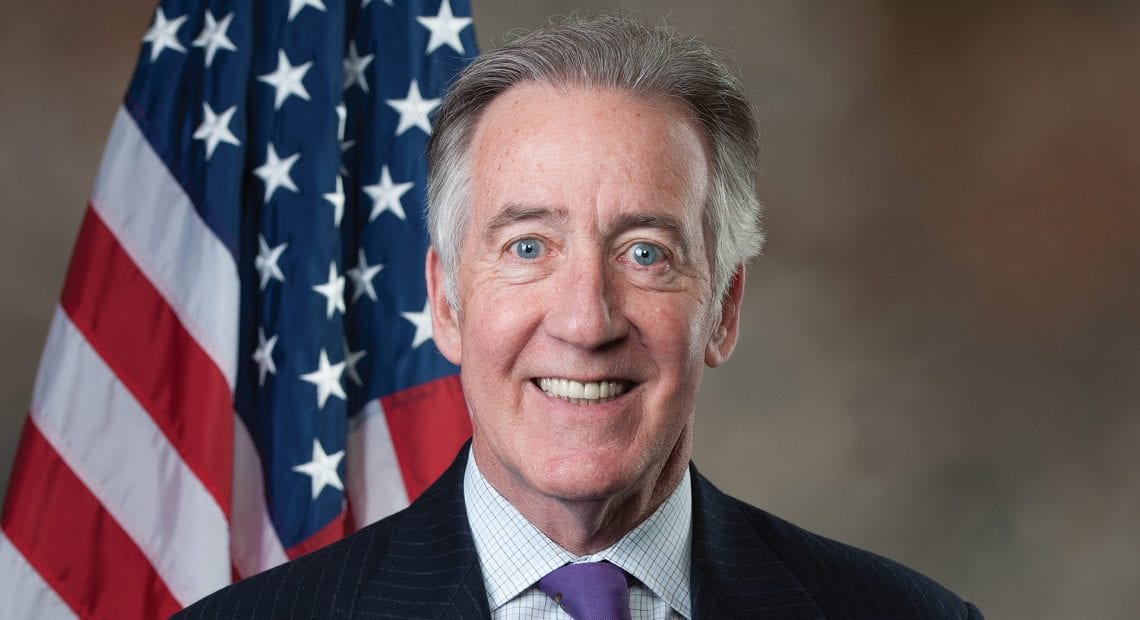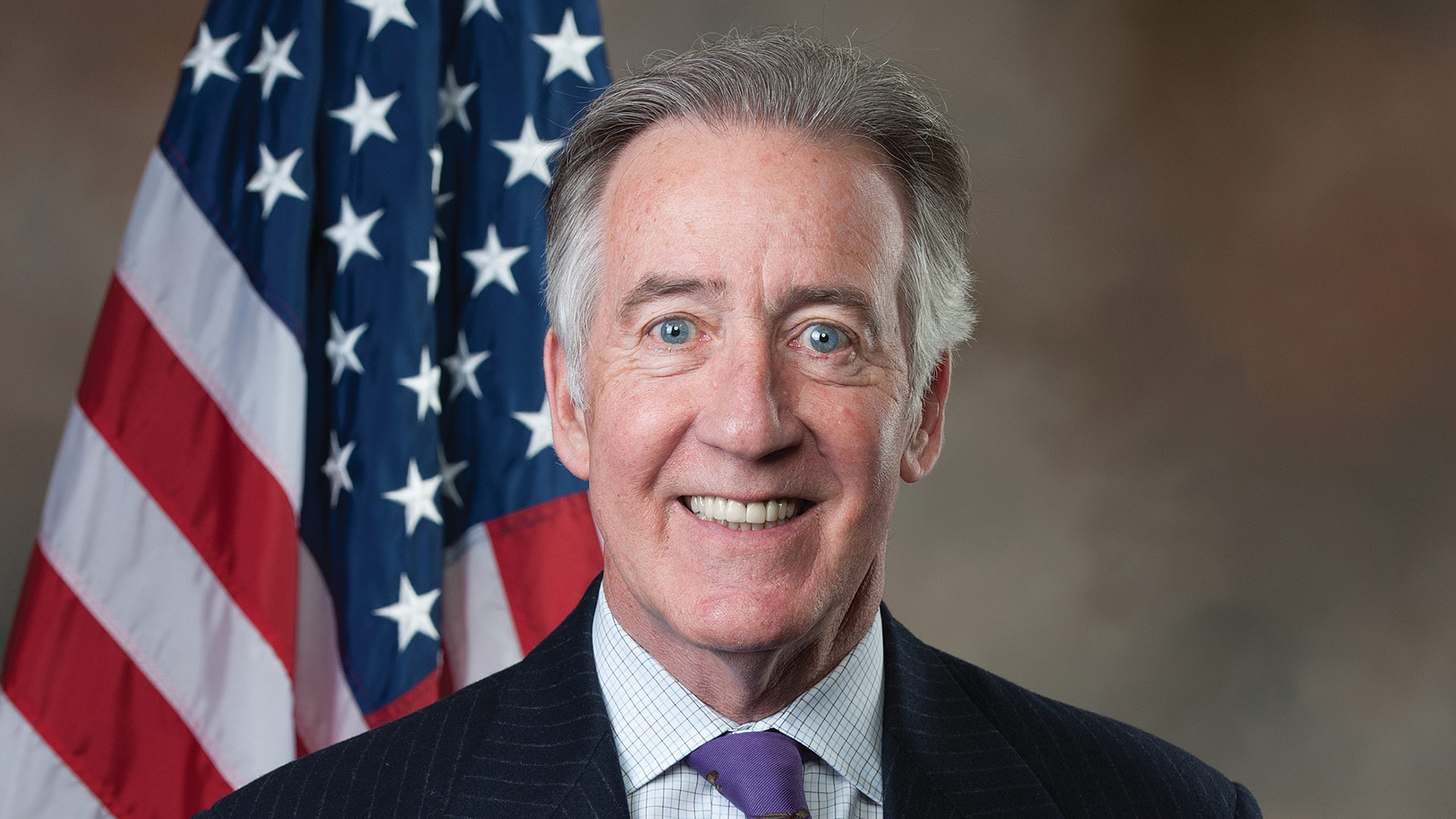The New Math
By George O’Brien
Julie Quink noted that, at her accounting firm — as well as most others — it is tradition to have a large party on April 15, the tax-filing deadline, or perhaps the 16th.
These are celebrations of hard work well done, she told BusinessWest, adding that staff members who have been under a great deal of stress and working long hours and long weeks can take a deep breath and relax, knowing that the worst is over for another year.
This April 15, there was no party at Burkhart Pizzanelli, the firm she serves as managing partner, or at most other firms. And it’s not just because the filing deadline has been extended to July 15 by both the state and federal governments.
It’s because there is still a great deal of stress, and the long hours continue as accounting firms play a huge role in trying to help their clients get to the other side of the COVID-19 pandemic.
“On a personal level, I’ve probably never worked as hard in my entire career as I have this year,” she noted. “I’ve put in many more hours than I have other years, and I know others have as well.”
Quink was one of several area accounting-firm executives to speak with BusinessWest as part of the latest in a series of virtual roundtable discussions concerning COVID-19. Those at the ‘table’ said these are, quite obviously, different times for accountants. While some of the work hasn’t changed, like all those tax returns, some of it has, including efforts to help clients of all sizes and in virtually every sector file for disaster relief (especially through the Small Business Administration’s Paycheck Protection Program), and — now that the money has started coming in — properly manage those funds so that the loans granted are forgivable.
But the work goes well beyond helping clients fill out the necessary paperwork, said Steve Erickson, CPA, partner in charge of Whittlesey’s Holyoke office. He said clients need to carefully manage cash flow, and they also need plans for the short and long term as they address life during — and after — this pandemic, and his firm, like others, has stepped in to assist with this often-difficult work.
“The biggest concern we see is cash flow and advising clients on what’s coming down the pike and making good long-term plans for whatever they’re doing,” he told BusinessWest. “And each one of them is unique; I can’t say that there’s one that’s very similar to the other.”
Meanwhile, the manner in which work is being done is obviously changing as well. Many of those we spoke with are working at home — some or all of the time — while discussions with clients and co-workers are now done mostly by phone, e-mail, or Zoom. And since accountants are working with clients’ sensitive financial information while at home, proper protocols and security measures have been added.
There are lessons being learned. Summing up the comments offered, it seems that those in accounting work much more efficiently — and certainly communicate much better — when they’re together in the same office, sharing ideas and collaborating. As for clients … the remote meetings have worked well, for the most part, and they may be the preferred method moving forward.
“From a positive standpoint, this has shined a bit of a light on our firm as far as our processes, our policies, how we can do things better, and what we should be looking to do better, said Patrick Leary, CPA, a partner with Springfield-based MP CPAs. “Hopefully, we’re going to learn from this and everyone else will learn from this and make themselves a stronger firm.”
Overall, this has been, and will continue to be, an intriguing, challenging, and in most all ways rewarding time for accountants, said those at the virtual table. Clients are calling them — and leaning on them for help — like never before, and as a result, relationships are being strengthened, and new ones are being formed.
Jim Barrett, managing partner at Holyoke-based Meyers Brothers Kalicka, said that, for some time, his firm — and most all firms, for that matter — have been working to broaden the umbrella of services to clients and develop relationships that are more advisory and consultative in nature.
The pandemic has in some ways forced the issue.
“This crisis has spurred us to do more consultative and advisory work with clients, not only with navigating the stimulus package, but also navigating any changes in their business, be it with employees or costs,” Barrett explained, adding that this work is certainly ongoing and is likely to continue for some time.
Beyond the Numbers
All through her career, Quink told BusinessWest, she’s prided herself on having the answers when clients have questions.
She still has most of the answers, but COVID-19 has changed that equation as well, because now, the questions are, well, different — in many cases, much different.
“This is my 29th year doing this, and I can’t recall a time when I’ve said ‘I don’t know the answer to that’ as much as I have these past few months, and follow it up with ‘I’ll have to get back to you,’” she told BusinessWest, adding that, in many cases, the answers don’t come easily.
That’s because clients are asking about whether to furlough employees or lay them off; or about whether employees can be ordered back to work; or about how to handle a situation where a laid-off employee is making far more on unemployment than they would on the job — and, therefore, wants to stay laid off; or about what to do with employees who must stay on the payroll for the loan from the SBA to be forgivable, but have no work to do because the business can’t open yet because it’s not deemed ‘essential.’
“People who scrambled to apply for the loan as soon as they could for fear that the funds were going to run out are now starting to receive those proceeds, and they’re asking, ‘if I bring my employees back, what am I going to do with them?’” said Leary, noting that there are many types of businesses that fall into this category. “Do they paint the walls?
“If you’re a lower-wage earner, and you can make the same or more on employment, what’s the incentive to go back to work and help my employer have some of his loans forgiven?” he went on. “It’s a predicament that a lot of companies are facing, and we haven’t seen any real guidance on it.”
Coping with such questions is a new reality for accountants. Actually, it’s one of many new realities. And they all come on top of the oldest of realties — tax season.
Add it all up — pun intended — and this has been a very different start to the year for accountants. Things began as they generally do, with tax-return work starting to flow in during the winter months and building toward the annual late-March, early April crush. By mid-March, though, as the pandemic reached Western Mass., and especially after non-essential businesses were ordered closed on March 24, things changed dramatically.
Clients were suddenly thrust into a situation unlike anything they’d seen before, said Barrett, and they were calling their accountant in search of some answers and, more importantly, some guidance.
“There’s a lot of companies and medical practices who have never gone through this before, and they’re doing the appropriate thing … their financial people are going through their expenses, they’re going through what needs to be paid and what should be paid — basic business decisions that they’re trying to make under a period of duress,” said Barrett. “What we see is that either the company doesn’t have a financial person — it’s the owner asking us — or they do have a financial person, and that person is, for the most part, by themselves, and they’re looking for advice or just want to bounce their plan off someone to see that it makes sense.”
And as clients started calling with new and different needs, accountants were having to adjust to new ways to work.
Indeed, most have been working at home — another of those new realities that brings its own set of challenges — and thus communicating with clients and colleagues alike in ways other than face-to-face.
“We’ve instituted procedures and policies that we never had before because we’ve never had that many people working out of the office,” said Barrett, whose sentiments were echoed by others at the ‘table.’ “We’re still fine-tuning those moving forward, but it’s changing the way we work, without a doubt.”
Erickson agreed. He said Whittlesey closed its three offices on March 18 and went to remote access. Like everyone else who’s gone through it, he called it a learning experience.
“It was a little bumpy at first, just getting used to the whole thing and trying to stay out of the kitchen and all the snacks in there,” he noted. “But, overall, it’s gone smoothly.”
Quink noted that, while Burkhart Pizzanelli has closed its office to outside traffic, some staffers still come to the office most days, and carefully practice social distancing — while taking a number of other steps in the name of safety — while doing so.
“We’re not on top of each other; we have a nice layout so we can maintain the appropriate distance,” she explained. “At lunchtime, it might look like you’re looking at the royal family — there’s one on one end of the table and one at the other end, and we’re always going around and reminding each other about being safe and taking the steps to stay safe; we emphasize that, if one of us goes down, the entire firm is down.”
Forms and Function
But it’s the nature of the work, more than how it’s carried out, that has been the more dramatic, and impactful, change for accountants.
Much of it has involved filing for PPP relief and now helping clients carefully manage that money, but, as noted earlier, it goes well beyond that.
There are all those questions to answer, or try to answer, as the case may be, but there’s also the task of helping companies plan — something that’s very difficult to do in these times — for whatever might happen in the coming months.
“We have spent quite a bit of time with our corporate clients talking about cash-flow management and cash-flow projections,” said Leary. “We’re talking through ‘what-if’ scenarios with a range of clients that runs the gamut, from those in the cleaning-supply business who cannot get enough product in the door to those in the hospitality industry who have shuttered their doors.
“We’ve had some discussions with some distributors and manufacturers who are now being more cognizant of their suppliers and their inventory levels,” he went on, offering a specific example of the consultative work going on. “They’re looking at having redundant suppliers; instead of having just a West Coast supplier, they’re asking whether they should also have one from Canada or one in the Asia market. If borders get closed, do they have a redundant supplier, and what is the proper inventory level? There’s a lot of thoughtful planning going on.”
Erickson concurred, and noted that, while planning, clients of all sizes are grappling with the moment as well, and this means dealing with everything from cash flow to employment matters to discussions with the landlord and the bank about possible deferrals of payments.
Quink agreed and noted that, overall, there are important conversations to be had with clients. And while some of them, especially those with the cleaning companies that have more work than they can handle, are upbeat in nature, most are exactly the opposite.
“We’re having a lot of strategy conversations with clients, and the reality is that some of the clients we’re taking to … we know they’re not going to make it through this,” she said. “So we’re having the best conversations we can to position them so that when that happens — if it happens — they’re at least well-advised.”
While it’s difficult to see any silver linings to the current crisis situation, the accountants at the ‘table’ said they can find some in the way that clients are looking to learn from what’s happened and take steps to not only survive the pandemic but be a better, stronger company for the future.
“There are a lot of people proactively planning for the long term,” Leary said. “And to me, that’s positive; they’re not making impulsive decisions and thinking that this is going to close their doors permanently. It’s more, ‘when we come out of this, how do we do it better?’ And that’s encouraging.”
As for the accounting firms themselves, they’re dealing with the moment themselves, and it’s a challenging time. Most of the consulting work mentioned above is provided at the upper levels, by the partners, who, at the same time, are trying to manage younger staff members, many of them working remotely.
“We’re trying to juggle two things at once, and we’re frustrated that we can’t teach as much, and it’s difficult to manage younger people at home,” Barrett said. “Meanwhile, there’s that thought in the back of our minds … ‘boy, I hope we get paid for this.’”
Indeed, while firms are eager to help, they are advising clients knowing that the bills for their services may wind up at or near the bottom of the pile of those that get paid. Such fears are the basis for comments shared by many at the table that, while this will be a busy year, it may not be a good one when it comes to the bottom line.
This is just one of many stress-inducing matters to contend with during a year that will be unlike any other for the accounting firms in the region.
“The toll that this pandemic has taken on our team from the mental perspective is enormous,” said Quink. “It not just how it’s extended the season, but how it’s added a lot to our workloads.”
Bottom Line
Getting back to the annual April 15 celebration … Quink told BusinessWest there might be a party on July 15, when tax returns are now due. But maybe not.
Tax season will be over, but the work of helping clients navigate their way through COVID-19-generated whitewater will be ongoing.
That’s part of the new reality for accountants, and it will become the status quo for the foreseeable future. It will be a challenging time in many different respects, and one that gives new meaning to the phrase ‘taxing situation.’
George O’Brien can be reached at [email protected]




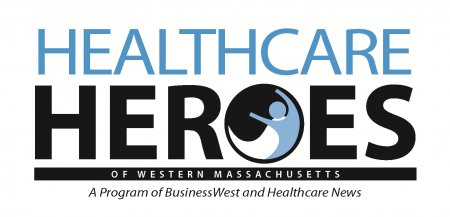




 Ted Perez Jr. calls it a “non-winter.” And he’s seen more than a few during roughly a half-century of work at
Ted Perez Jr. calls it a “non-winter.” And he’s seen more than a few during roughly a half-century of work at 
 If one were to take a walk down Main Street — and I just did — it would be tempting to say that, if Springfield had any luck at all, it would be bad.
If one were to take a walk down Main Street — and I just did — it would be tempting to say that, if Springfield had any luck at all, it would be bad.

